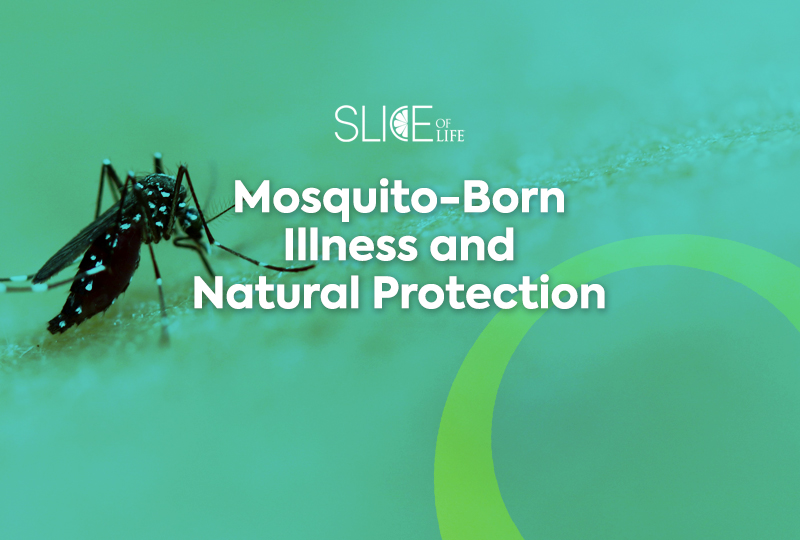Here in Georgia, the sweltering summer heat helps spur many a poolside BBQ, lakeside camping trip or other water-related recreation for a bit of refreshing relief. Yet there is a nagging, buzzing concern that people often dismiss as merely annoying when in fact it can pose significant health risks: mosquitoes. It is a common misconception that mosquito-born illness is mostly limited to tropical nations, but due to climate change, the number of infected mosquitos continues to grow and spread.
The World Mosquito Program is a leading authority on this issue, and their experts have reported that the extreme changes in global climate and weather patterns in past years (droughts, heatwaves, floods, rainfall fluctuations) have increased in severity and regularity, in turn producing favorable breeding conditions for mosquitos. Consequently, this increases the likelihood of virus spread via mosquito in more places, even places that have previously experienced lower mosquito numbers. The most common kinds of mosquito-borne diseases are malaria, dengue, West Nile virus, chikungunya, yellow fever and Zika.
Natural Mosquito Protection
The question remains then. How can we enjoy the outdoors and avoid mosquitos without dowsing ourselves in a chemical soup? First off, there are some good housekeeping basics to remember. Keeping covered up as much as possible is one deterrent, though of course it can become uncomfortable. Make sure to remove debris or standing water around your home weekly to prevent mosquito eggs from hatching. Installing screens on windows and doors, as well as having a fan or air conditioner on at night, can also help.
Then, of course, there is the question of mosquito repellent or bug spray. Medical News Today lists 10 natural options that can offer some mosquito bite prevention in their article “What are the best natural mosquito repellents?” The natural options and essential oils attempt to block the sense of smell of the mosquito, making it less likely for them to feed.
Citronella is the most common and has even been found to be as effective as DEET, except that the oil evaporates quickly. Higher concentrations of citronella can irritate the skin as well. It is often sold as repellent and in candles.
Lemon eucalyptus is also popular, smelling a bit better and containing 85% citronella. It’s a common cleaning product as well. Clove has been attributed to have limited protection against yellow fever mosquitoes. Peppermint is also found to be helpful against mosquito larvae and bites from adult yellow fever mosquitoes, as well as providing a refreshing scent. Other oils to try include lemongrass, basil, neem, eucalyptus, catnip and thyme. There are premixed commercial natural repellents that can be purchased, or you can experiment with a homemade mixture to find what works best for you. Stay safe this summer!


Social Media